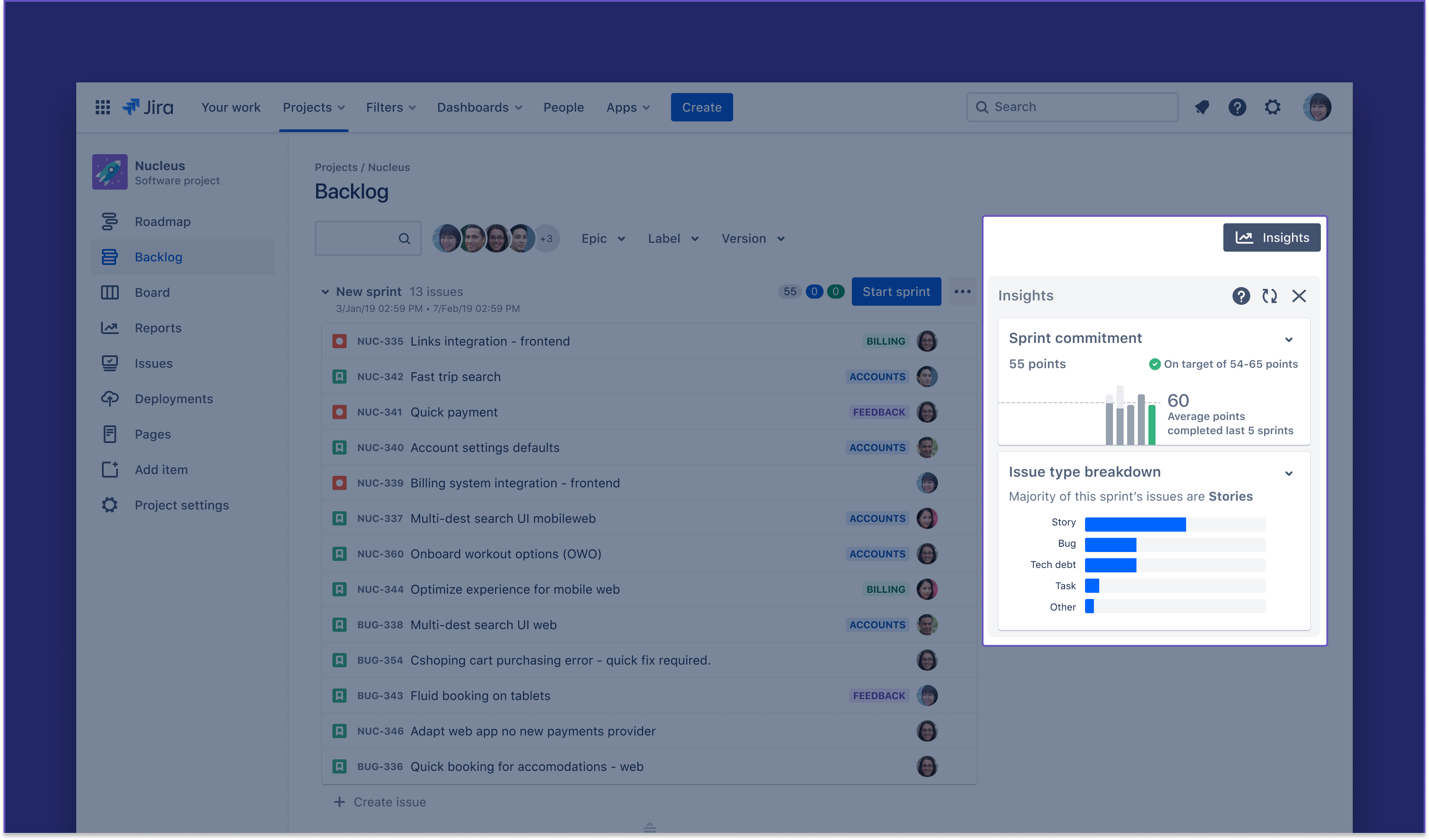DevOps teams are generally trying to constantly improve themselves, so they can deliver software more quickly and reliably, but often they lack the insights needed to actually make that progress.
Atlassian is now offering users of its Jira Software Cloud platform a series of new capabilities that provide data-driven insights into the development process. Jira is a popular issue and project tracking technology and has included features that help developers and their teams to understand where they are in their workflow.
The new insights go a step beyond what Jira has traditionally provided to its users, with specific insights into different aspects of an agile software development approach. The goal with the new insights is to help organizations better understand what they’re doing right and where development teams can improve, which ultimately results in improved overall efficiency.
“Data is everywhere, but at the same time the insights and the understanding of the actions that you can take are kind of nowhere,” Megan Cook, head of product for Jira Software told TechCrunch. “It’s hard to work smarter in that sense and that’s the big problem that we’re really looking at tackling.”
Cook explained that development teams need access to metrics on their own progress, so they can make smarter data-driven decisions based on what’s happening in real time. She noted that one of the big shifts that Atlassian is now doing with Jira Cloud is bringing data from all the different development tracking tools together into one place where those teams can make decisions.
One example of the insights that Jira Cloud now provides to users is related to sprint commitments. In the agile software development approach, software is developed in what are known as “sprints” as developers race to complete a certain task. With the sprint commitment insight capability, the idea is to help teams understand what amount of work they can handle, based on past performance. The business goal is to help better understand if a team is over- or under-committing to a given sprint.
Another example is providing an issue type breakdown. Cook explained that the way each team can categorize issues can be very personalized. The categories can include different types of projects, such as whether a project is dealing with fixing bugs and technical debt, or if it’s an innovation or growth product, or just an incremental feature update. With the issue type breakdown insight there is a visualization to help teams better understand what types of issues and projects they are working on in a more intuitive approach than before. Cook explained that users could have identified the different issues before via a search functionality, but she emphasized the new insights approach is far easier.
In the coming weeks, Cook said that the company will be adding a few additional insights, including the sprint burndown insight. In the agile software development approach, the burndown is about figuring out what’s left to finish in a sprint. The sprint burndown insight will provide a visual indicator of how much work is left to be done as well as how likely it is that the work will be completed within an allocated amount of time.
Atlassian’s approach to enabling developer teams to work more efficiently is one of the primary values that the company has been building for years, and it has resulted in strong growth overall. Atlassian reported fourth-quarter fiscal 2021 revenue of $560 million, up 30% year-over-year gain on the strength of its developer collaboration and management tools.
from TechCrunch https://ift.tt/38iQxgS
via IFTTT

Comments
Post a Comment